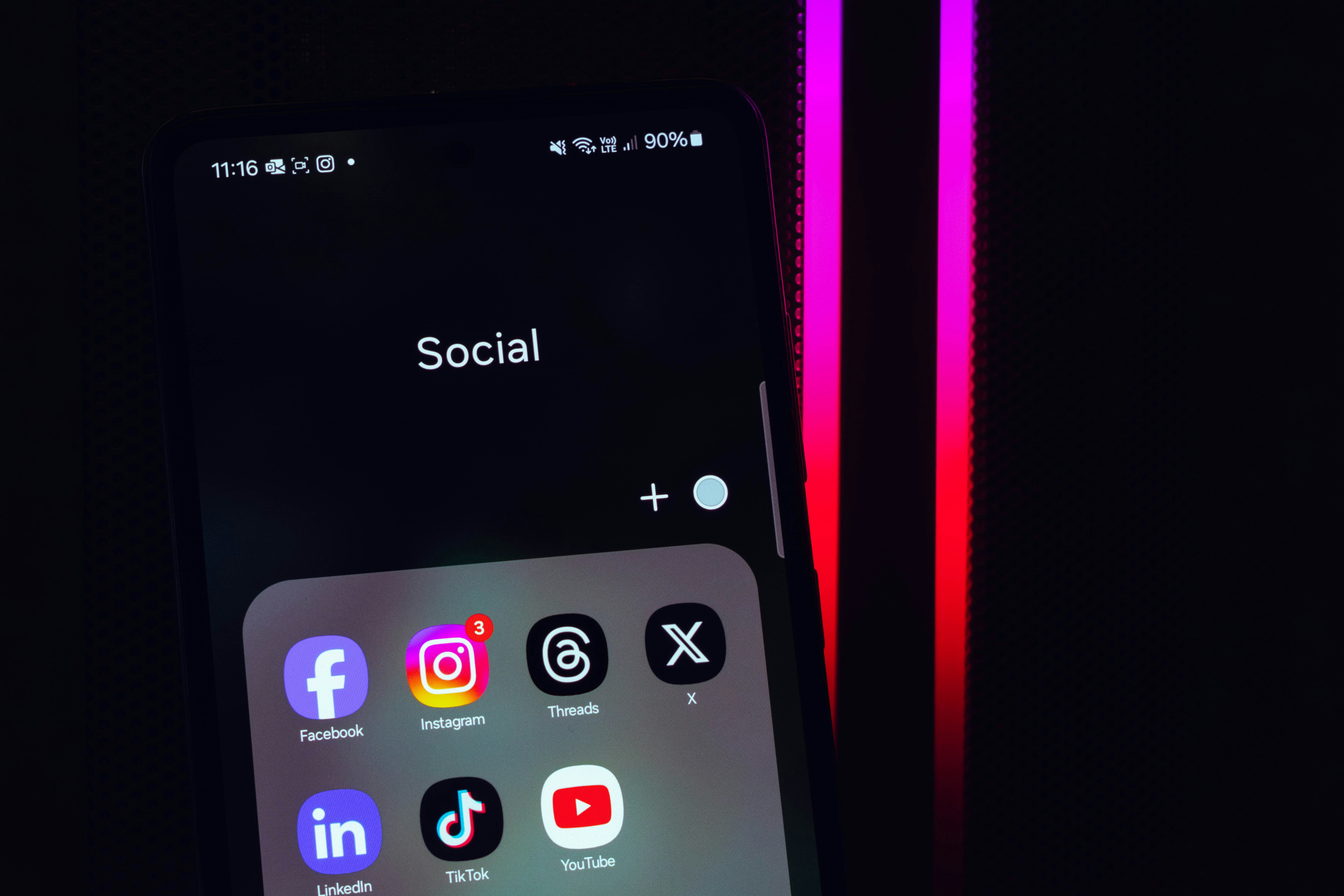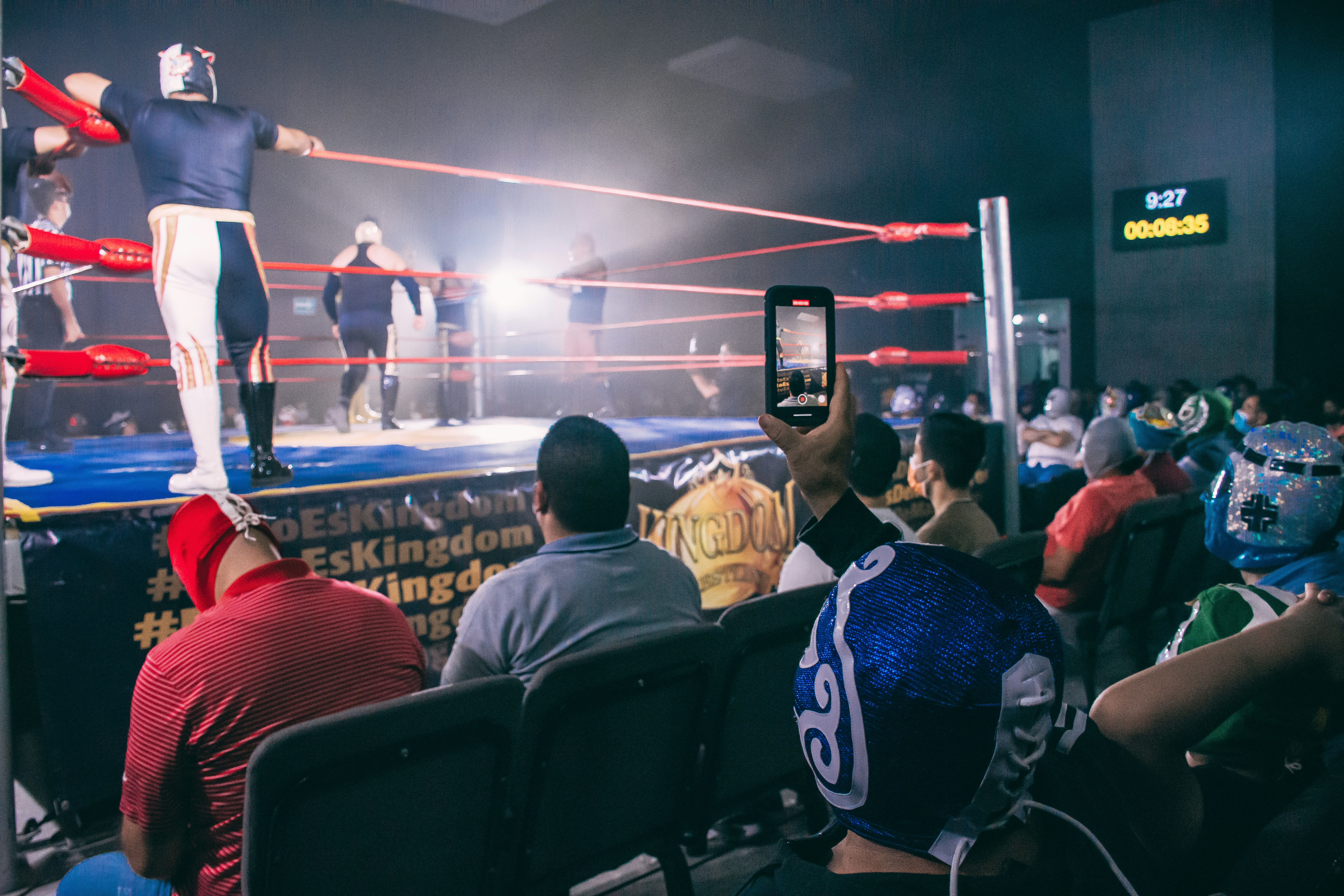A Sociological Perspective on Solitude in the Digital Age
The digital age has undoubtedly revolutionized the way we communicate, work, and live. But as we become increasingly connected, there's an unexpected resurgence of solitude. Some view it as a refuge from the relentless noise of the online world, while others see it as a state of isolation. The question then arises: How is the concept of solitude being reshaped in the digital age, and what implications does this have on our society?

Delving into the Historical Context of Solitude
Historically, solitude has often been associated with spiritual growth and introspection. Monks, philosophers, poets, and other thinkers have sought solitude as a means of self-discovery and enlightenment. But the onset of the digital age—and the hyperconnectivity it brings—has altered our understanding of solitude. In a world where we’re constantly accessible, finding moments of solitude can be challenging.
The Modern Manifestations of Solitude
In recent years, we’ve witnessed a surge in digital detox retreats and meditation apps, signaling a growing desire for solitude amidst our connected lives. These trends underscore a modern paradox; while technology has made us more connected than ever, it’s also made us acutely aware of our need for alone time. This ‘new solitude’ isn’t about isolation or loneliness, but about reclaiming a sense of self amid the digital noise.
The Societal Implications of Solitude in the Digital Age
The redefinition of solitude in the digital age carries significant societal implications. It challenges the notion that connectivity equates to happiness, highlighting instead the value of introspection and self-reflection. This shift suggests a growing societal awareness that constant connectivity can lead to emotional overload and a diluted sense of self.
Research-Backed Insights on Solitude in the Digital Age
Research has shown that periods of solitude—free from the distractions of technology—can improve mental health, foster creativity, and promote self-discovery. However, it’s essential to distinguish between chosen solitude and enforced isolation, as the latter can lead to feelings of loneliness and negative mental health outcomes.
Toward a Balanced Perspective on Solitude
While solitude in the digital age can be a powerful tool for personal growth, it’s not a one-size-fits-all solution. It’s important to strike a balance between periods of connectivity and solitude. As our society continues to evolve alongside technology, we must continually reassess our relationship with solitude, ensuring it serves as a refuge rather than a source of isolation.
In conclusion, solitude in the digital age is a fascinating, complex topic with profound societal implications. As we navigate our increasingly connected world, understanding the evolving role of solitude can help us create healthier, more balanced lives. As readers, let’s continue to engage with this topic and consider how we can harness the power of solitude in our own lives.




